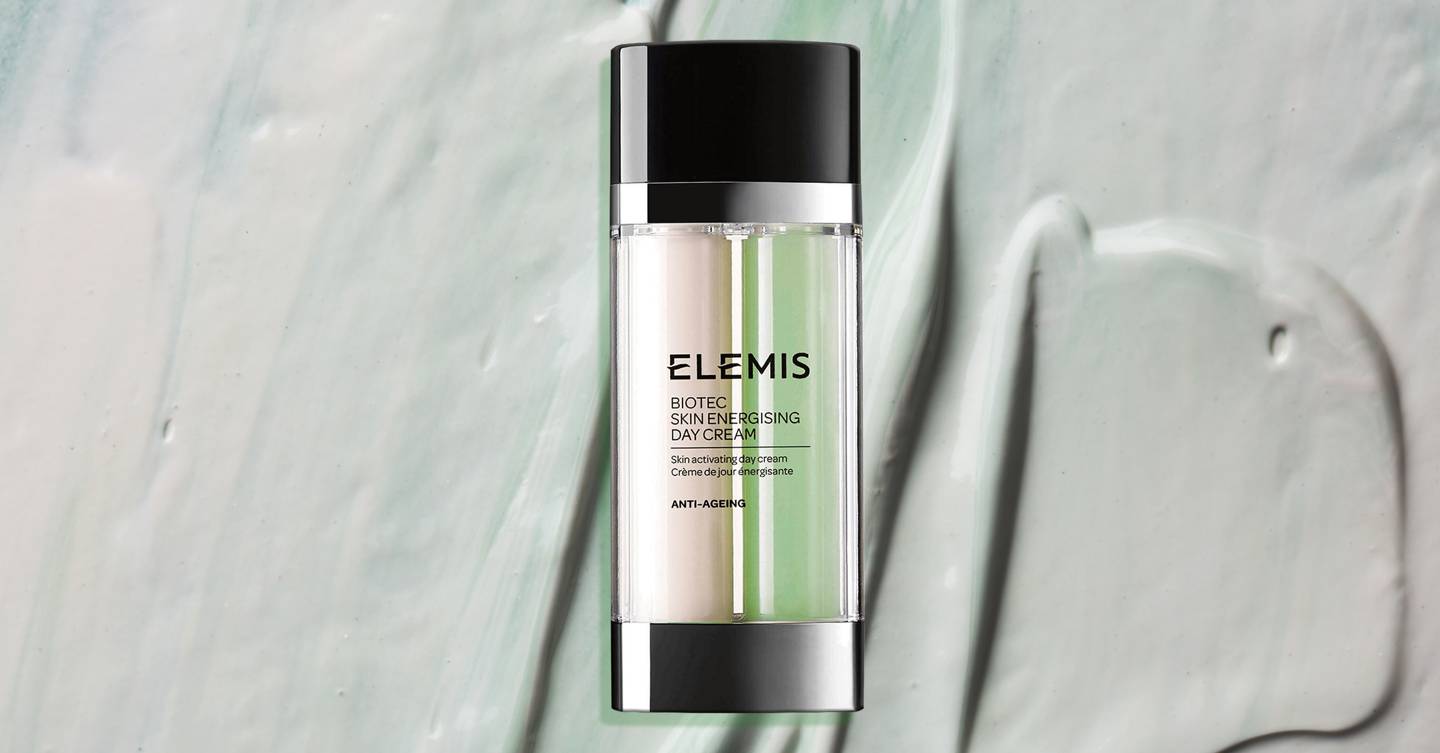Just when you think you’ve got to grips with ceramides, niacinamide, antioxidants and retinol, another ingredient comes along to shake up everything we thought we knew about skincare and puts our whole routine into question. While it can all seem overwhelming and confusing, it’s well worth educating yourself on the different ingredients as and when they crop up in order to make sure you’re using the right products for your skin and its unique needs.
One huge category of skincare ingredients is acids. There are a number of different ones to choose from, and each one is distinctly different from the other, with totally different effects on the skin. Some exfoliate the skin, others control oil production and some can even boost radiance. Take glycolic acid. It’s a chemical exfoliant, meaning instead of physically buffing away dead skin cells like a traditional scrub would, it breaks down the bonds between cell causing them to shed, making it great for dull, lacklustre skin. On the flip side, there’s hyaluronic acid, a naturally occurring molecule that is dubbed as the miracle hydrator due to its ability to hold 1000 times its weight in water. Apply this to your skin, and you’ll experience instant hydration and transformative dewiness.
Now it seems there’s an entirely new acid to add to your arsenal. Introducing Succinic Acid, the latest ingredient beauty’s already vast array of actives that promises to target specific skin concerns. Here’s everything you need to know…
What is succinic acid?
Succinic acid is a naturally occurring compound commonly found in amber or sugar cane, as well as in the human body itself. More recently, biotech companies have produced a synthetic version of succinic acid, making it more readily available, more cost effective and more sustainable.
Can you find succinic acid in food?
Succinic acid is naturally present in a lot of food and is often attributed with a slightly sour flavour. Some food sources include broccoli, rhubarb, sugar beets and sauerkraut.
It’s also available as a dietary supplement, with advocates claiming it can help with symptoms of menopause. While it’s generally considered to be safe to take in this form, there is no good evidence that supports these supposed benefits.
What are the skincare benefits?
Succinic acid has a number of properties that make it a prime ingredient in skincare. First up, it plays a key role in creating energy within cells, making it pretty pivotal to overall cell function. It also has been shown to have significant antioxidant properties, meaning it counteracts cellular damage caused by oxidative stress as a result of things like pollution and UV exposure.
Another benefit of succinic acid is that it can act as an antimicrobial agent, meaning it can help to control bacteria on the skin that can lead to acne and breakouts.
What skincare conditions does it treat?
Succinic acid is the perfect choice for anyone who experiences acne and breakouts, as its antimicrobial properties can help to target the underlying causes of these conditions. It’s also a good idea to incorporate the ingredient into your regime if you are exposed to pollution, smoke or any other sources of oxidative stress.
How do you use succinic acid?
Succinic acid is most commonly found in leave-on skincare products, due to the fact it works best over time. Either, look for a serum that contains succinic acid, or a targeted treatment for blemishes, and apply to freshly cleansed, dry skin. If your cleanser contains succinic acid, make sure to work into skin for at least one minute to reap the full benefits.
What effect does succinic acid have on the skin?
Expect skin to appear less oily, with existing breakouts drying up and fewer new ones forming. It’s rare to find a product that only contains succinic acid, so other benefits will depend on the other active ingredients within each individual product.
Are there any unwanted side effects?
Like many skincare ingredients, succinic acid can have some negative side effects if used in high concentrations or used too frequently. However, this will largely depend on the other ingredients in the skincare product.
With that in mind, here are GLAMOUR’s tried and tested favourite products containing succinic acid…
